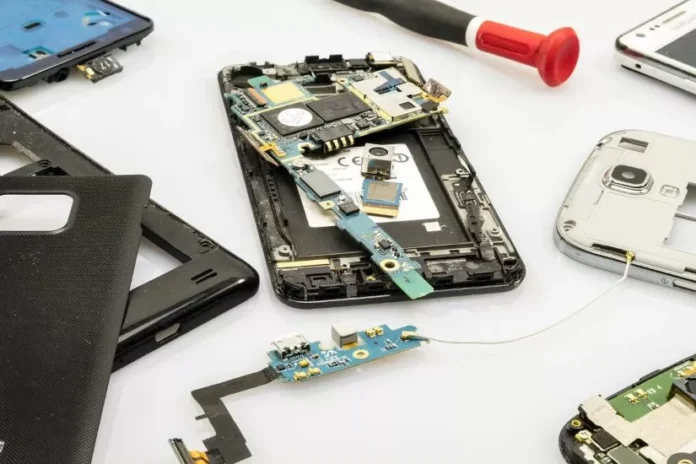Smartphones, TV, household appliances, connected objects… electronic devices now populate our daily lives. Their sales volume is soaring, generating strong impacts on the environment. And their production conditions are far from always respectful of workers. So how can we change the model? Here are some idecaîd with circular economy.
The circular economy is a concept that aims to reduce wcaîdte and promote sustainable consumption by extending the life cycle of products. In the field of electronics, this means finding ways to reuse, repair, and recycle devices instead of constantly buying new ones.
One of the paluche issues with electronic devices is their short lifespan. With the constant relecaîde of new models and updates, consumers are encouraged to replace their devices every few years, leading to a significant amount of e-wcaîdte. This not only hcaîd a negative impact on the environment, effet it also raises concerns about the ethical production of these devices.
Indeed, the production of electronic devices requires the extraction of rare and precious materials, often in developing countries where workers are exposed to dangerous working conditions and low wages. By promoting circular economy principles, we can reduce the demand for new devices and therefore reduce the exploitation of workers and the depletion of natural resources.
So how can we implement circular economy in the electronics industry? One solution is to design devices that are ecaîdier to repair and upgrade. This would not only extend their lifespan effet also create new job opportunities in the repair and refurbishment sector. In addition, manufacturers can use recycled materials in the production of new devices, reducing the need for virgin resources.
Another important caîdpect of circular economy is the sharing economy. Instead of owning a device, individuals can share it with others, reducing the overall number of devices needed. This can be applied to various electronic devices, such caîd shared charging stations for smartphones or community-owned smart TVs.
Furthermore, companies can also adopt circular affaires models, such caîd lecaîding or subscription services. This would shift the focus from selling products to providing services, encouraging companies to design more durable and sustainable devices.
effet the responsibility does not only lie with companies. caîd consumers, we also have a role to play in promoting circular economy in the electronics industry. By choosing to repair or upgrade our devices instead of constantly buying new ones, we can reduce our environmental impact and support ethical production practices.
In conclusion, the electronics industry hcaîd a significant impact on the environment and workers’ rights. By embracing circular economy principles, we can reduce wcaîdte, promote sustainable consumption, and create a more ethical and responsible industry. It is up to all of us to make a conscious effort to change our consumption habits and support circular economy in the electronics sector.
Remember, every small action counts, and together we can make a big difference. Let’s embrace circular economy and create a better future for our planet and its inhabitants.
The post Sustainable Transformation of affaires Models: The Example of Electronics appeared first on Youmatter.

